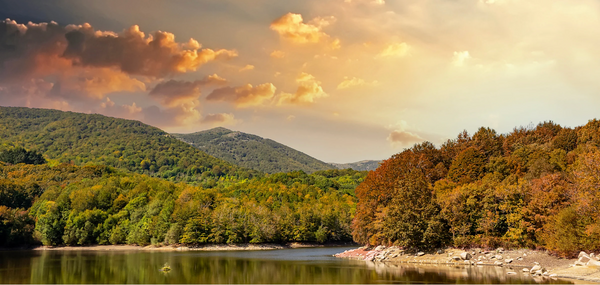
Get news, updates, & event Info delivered right to your inbox:
Good News From the Month of July
With July winding down, fall is on the horizon! Summer always comes with unique challenges for environmental work, including intense heat that has caused forest fires to grow in severity and frequency, and other natural disasters such as flooding and drought. But with every unfortunate news story about the environment, there’s a positive news story shortly following! So, the next time you find yourself in an environmental slump, remember that every single act to protect our planet is important. To all of the eco-warriors out there, let’s celebrate our environmental wins this month — and keep making an impact!
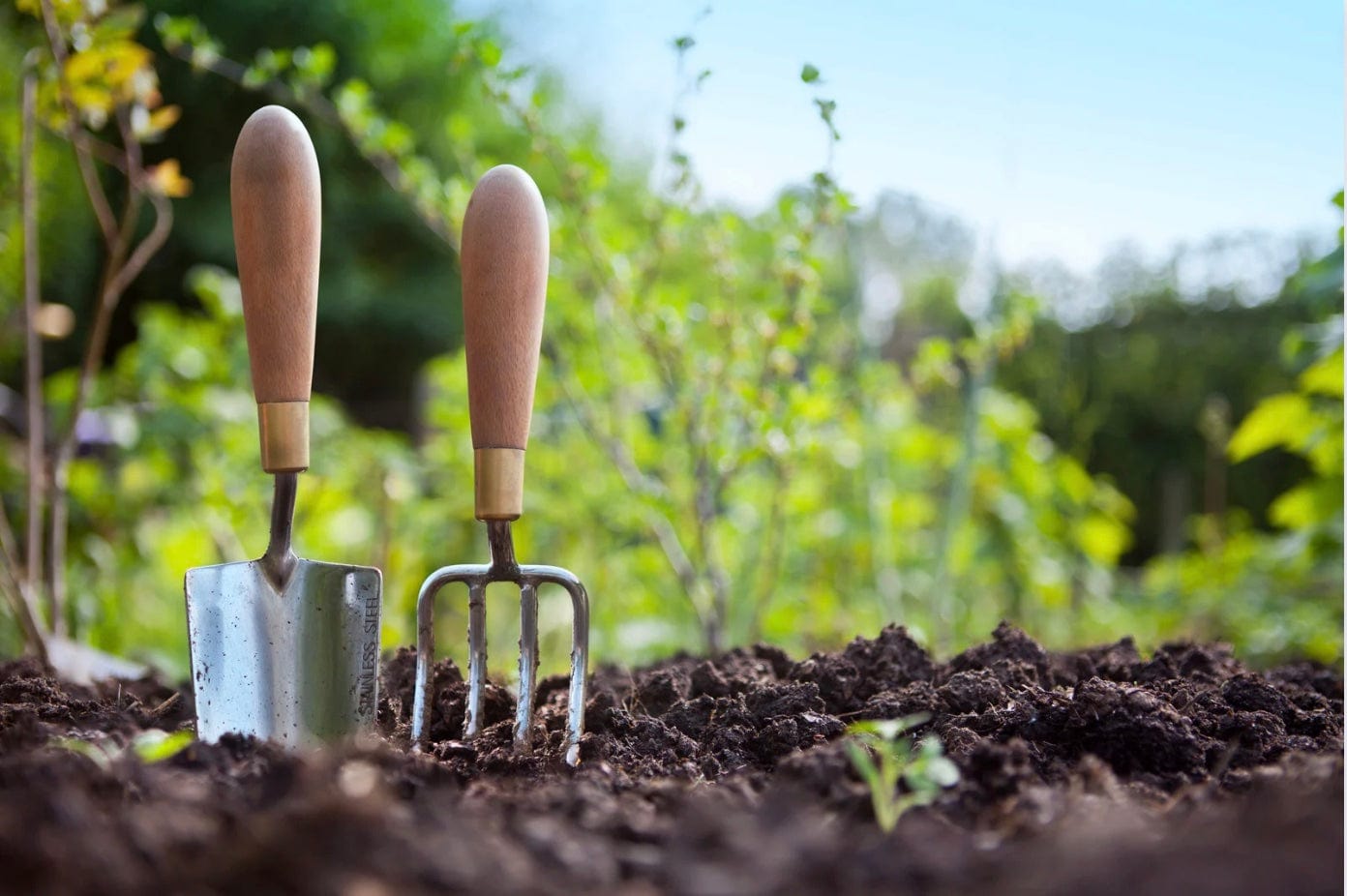
1. Texan Community Garden is Helping Improve Food Security
A former coal mine in Texas has been transformed into a 1-acre community garden to help improve food security. This garden has produced 10,000 pounds of produce since it began in April 2022. It is estimated that this particular garden helps feed 2,000 people each month.
Texan by Nature transformed what was once a coal mine into a thriving garden, and now the garden is home to many volunteers that are coming together to make a difference in their communities. This beautiful garden shows how resilient nature is and how impactful an idea can be when it’s turned into reality!
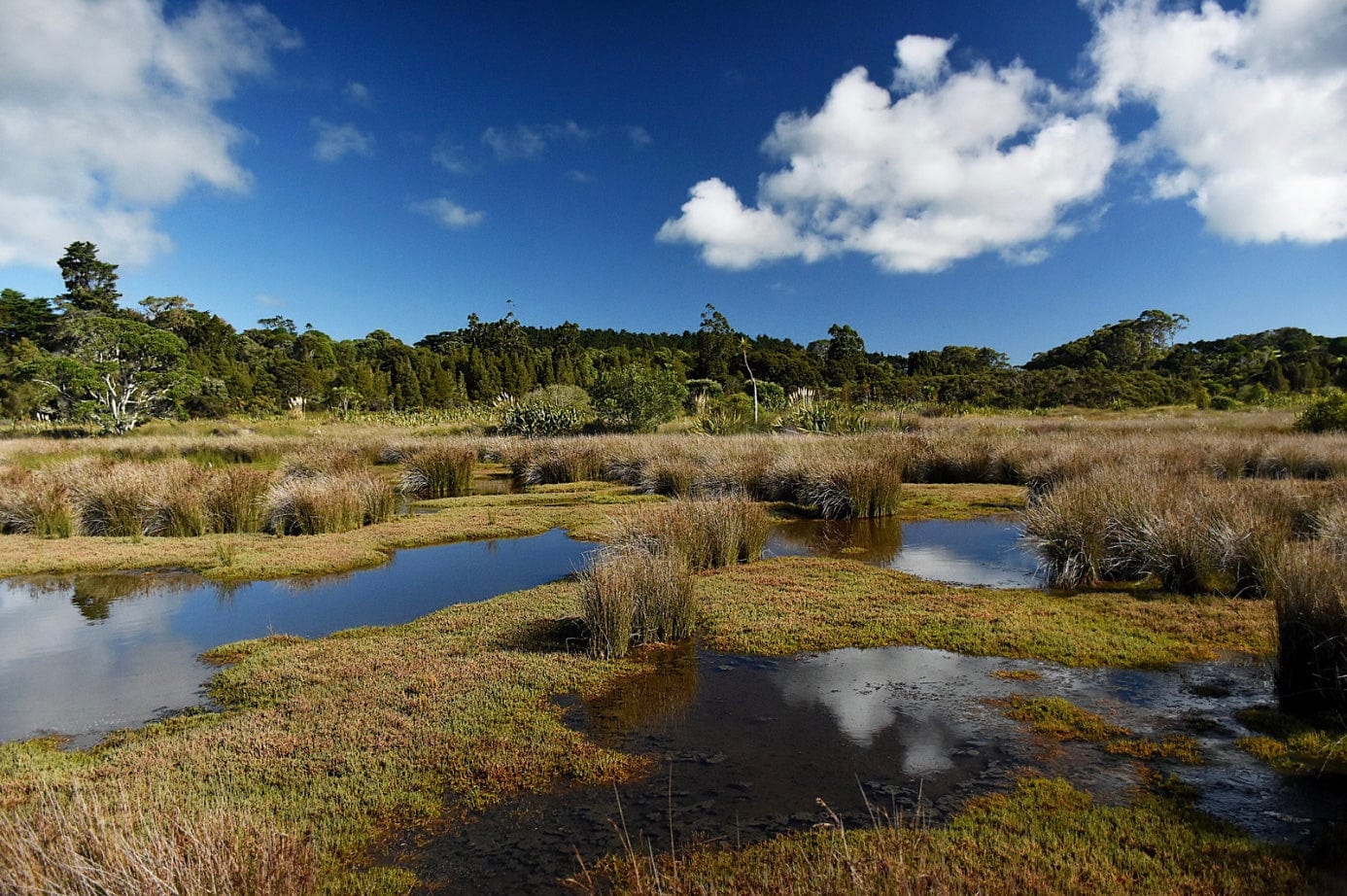
2. The EU Adopts Nature Restoration Law in Hopes of Healing Ecosystems
The European Union has taken an important step to help restore and heal lands that have been affected by climate change, impacting the targets set by the 2015 Paris Agreement. This new, ambitious law tasks 27 EU members to find ways to restore damaged forests and wetlands — and restore lakes, rivers, and oceans that have been affected by pollution.
The law aims to restore 30 percent of the damaged ecosystems in the EU region, spanning from the Arctic Circle to the Atlantic Ocean and the Mediterranean Sea. For many countries in the EU, this is a first step towards restoring lands and impacting climate change.

3. A Vermont Soccer League Makes Climate Action Its #1 Goal
The Vermont Green FC is leading the charge, showing its commitment to climate and positive environmental impact. This soccer league puts climate action at the forefront of everything they do, hoping to inspire change and lead to climate justice. Environmentalism is at the forefront of each Vermont Green match, with the announcer giving recycling tips and ads promoting plant-based brands with sustainability initiatives.
As eco-warriors, the Vermont Green demonstrates how easy it is for sports organizations to get involved in the climate fight and make a difference. Sports sustainability is making an impact everywhere!
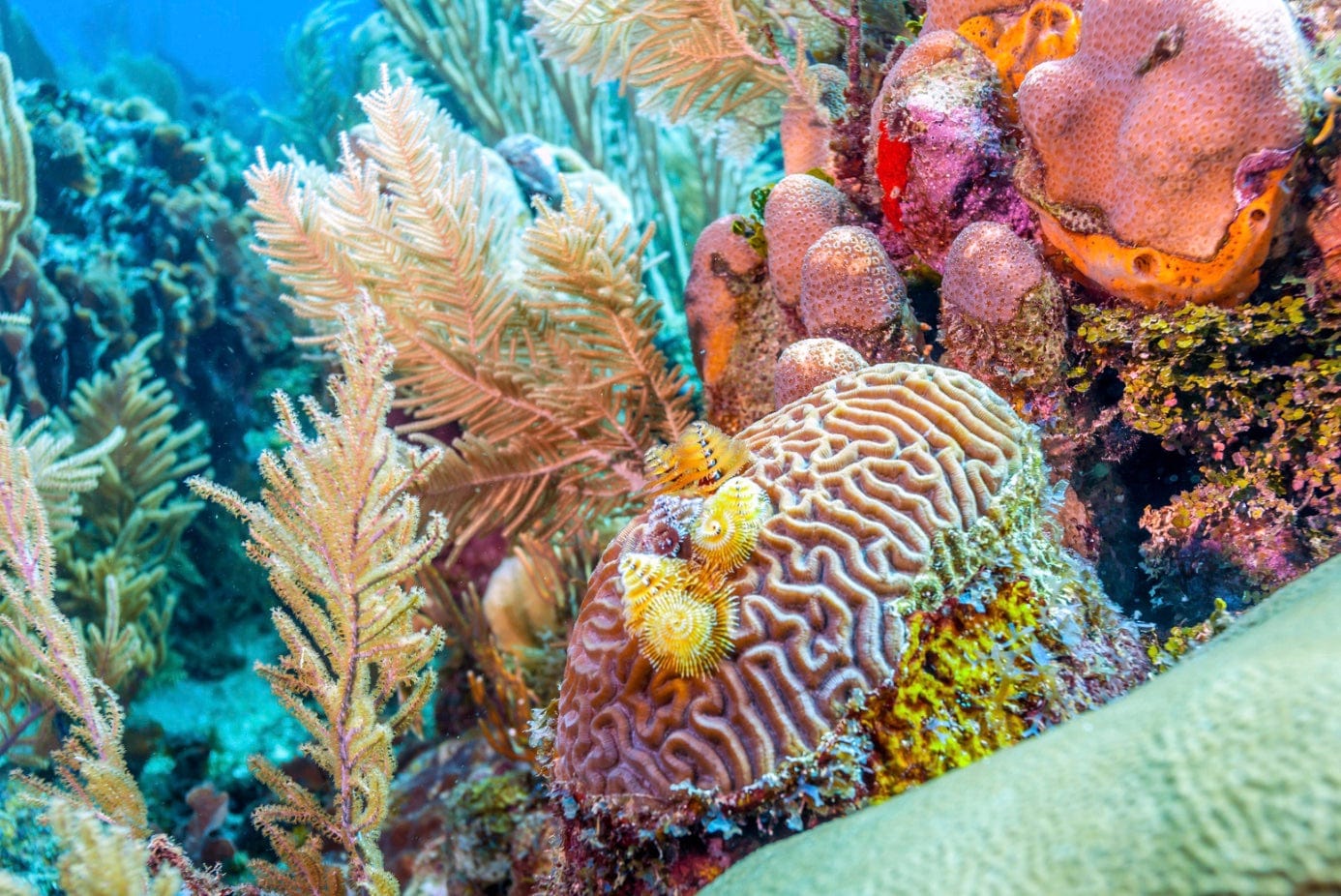
4. Coral Reefs in Mediterranean Withstand Extreme Heat
It’s no secret that the world is getting hotter. As temperatures continue to rise, ecosystems are at risk of degradation due to severe heat. But scientists have found that not all ecosystems are at risk from rising temperatures.
Coral reefs deep in the Mediterranean Sea remain unharmed from heat stress. The Mediterranean Sea has dealt with intense marine heat waves during the past decade, impacting sea animals and coral in shallow waters.
While many scientists believe this to be encouraging, they also know water temperatures will continue rising. This unexpected resilience gives them time to figure out how to keep these vital marine ecosystems safe.
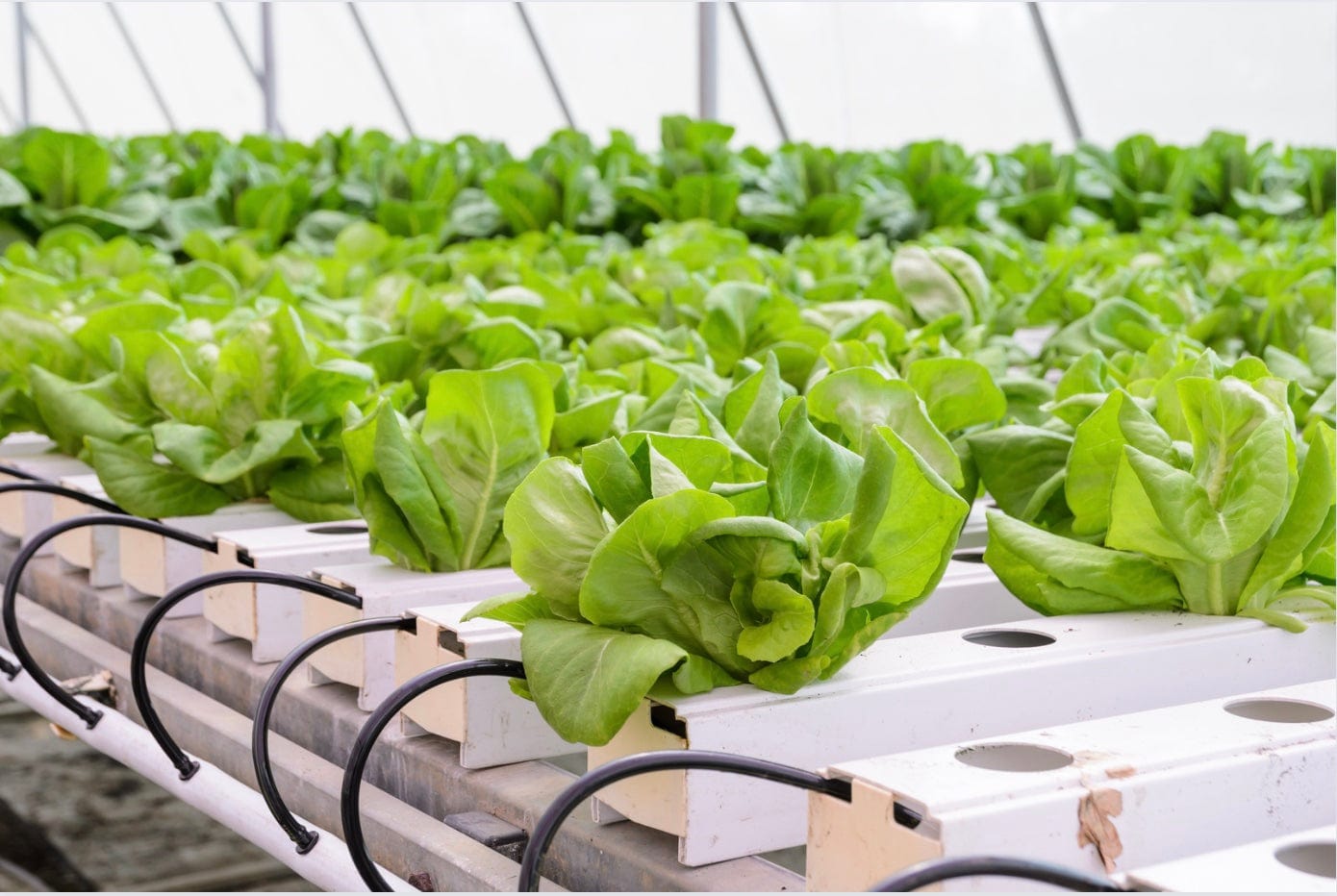
5. Young Teen Feeds 600 Families with Hydroponic Garden
The next generation of eco-warriors are the leaders in making an impact. Steven Hoffen is no different. At the beginning of the COVID-19 pandemic, Hoffen was inspired by Sindyanna of Galilee, a nonprofit organization where Jewish and Arab women come together to create hydroponic gardens.
Hoffen launched a nonprofit of his own at just 13 years old called Growing Peace. Since its launch, Growing Peace has created four hydroponic gardens spanning from New York to Tel Aviv.
In Tel Aviv, Growing Peace is focused on providing 600 families of asylum seekers with food twice a month, offering over 2,100 servings of food. As a teenager, Steven Hoffen has been able to bring people together through food and nature in the most beautiful way, inspiring generations of people.
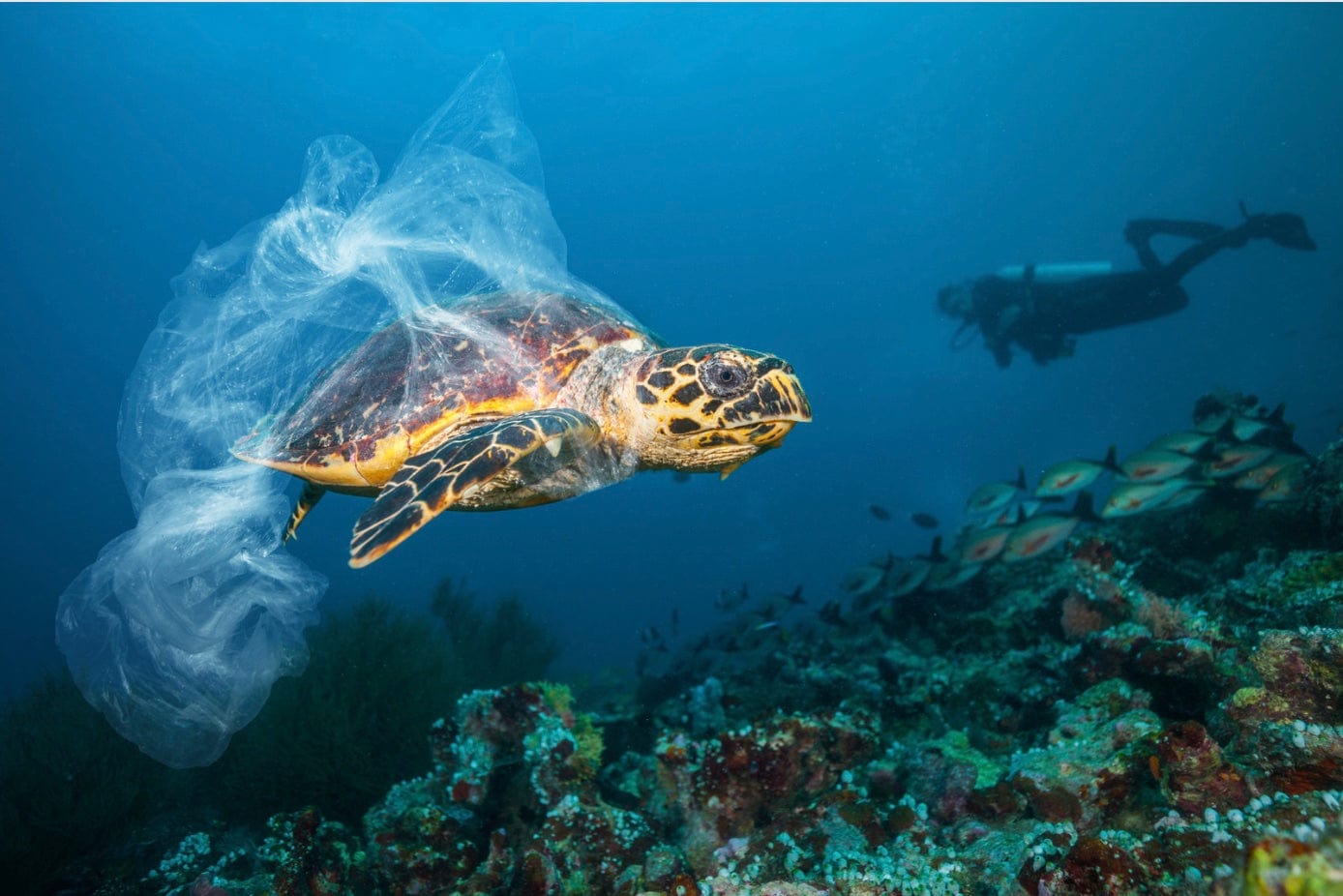
6. 4ocean Collects 30 Million Pounds of Trash from the Ocean
Since the 1950s, it is estimated that humans have produced just over 18 trillion pounds of plastic. Unfortunately, most of that plastic has found its way into our oceans, harming animals and ecosystems alike.
The plastic that is found in the ocean can also harm people since many of us get protein from seafood. Although ocean pollution is a very real problem, strides are being made to clean our oceans and protect sea creatures.
4ocean announced an incredible milestone that helps us get one step closer to clean oceans. They have officially collected 30 million pounds of trash from the ocean –– a record-setting accomplishment. Helping to clean our oceans protects vital ecosystems for generations to come!
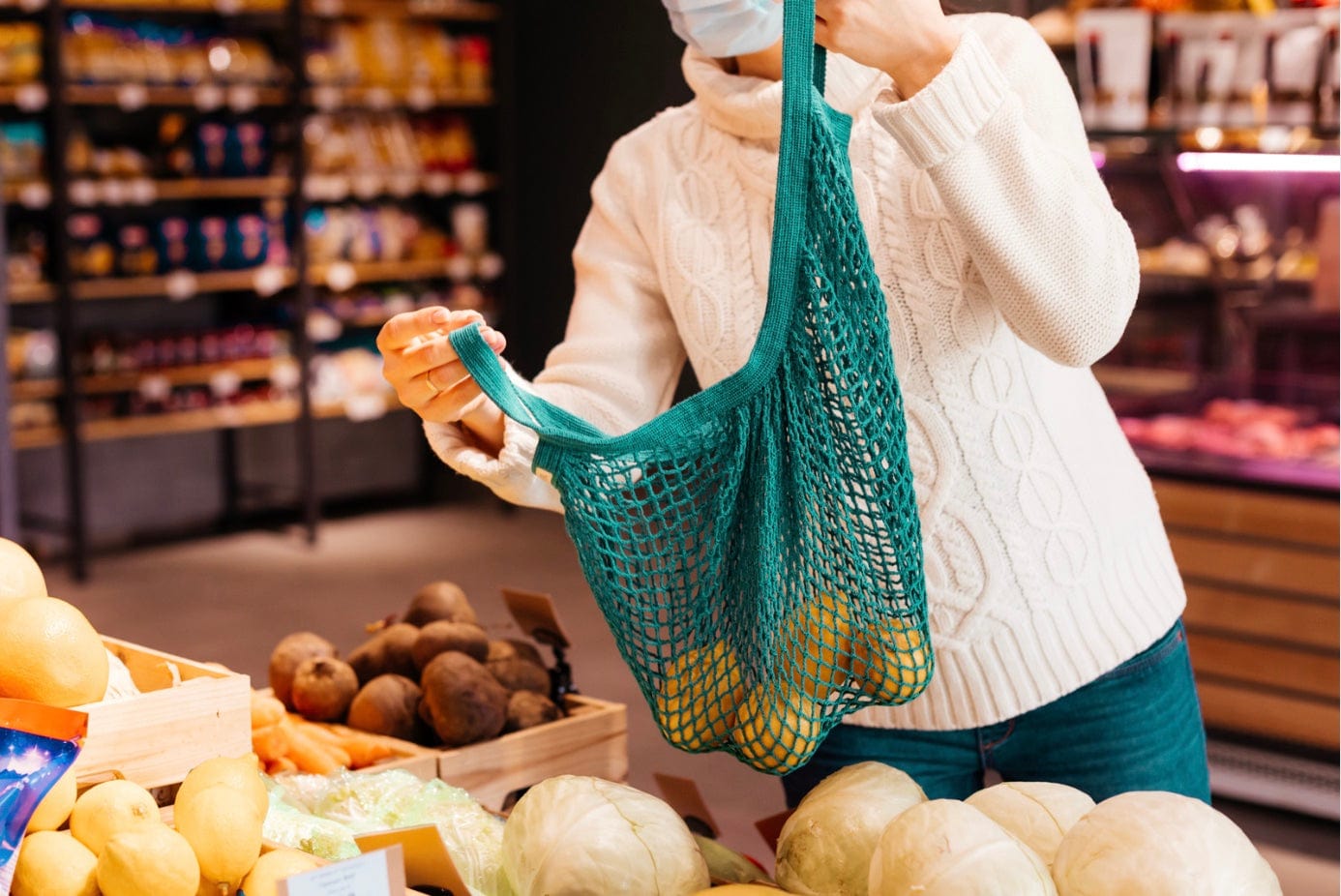
7. New Zealand Has Banned Single-Use Produce Bags
With most single-use plastics ending up in our oceans, it is important to be mindful of the waste we contribute. To address this, New Zealand has taken an incredible step towards protecting our waters and environment from plastic pollution.
By banning single-use plastic produce bags, New Zealand has become the first country to lead the way and set a new standard for other countries. Using a reusable bag is one of the easiest and simplest ways to impact the environment. Hopefully, New Zealand will inspire other countries to follow suit!
We hope you enjoyed reading July’s good news stories as much as we enjoyed featuring them! Remember, there is good in the world if you know where to look for it. And if you want to create your own good news, you can positively impact the environment by planting trees where they are needed the most.
